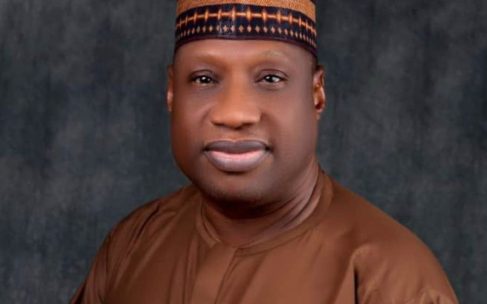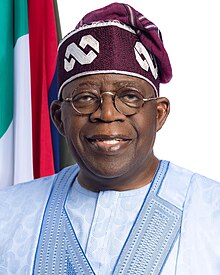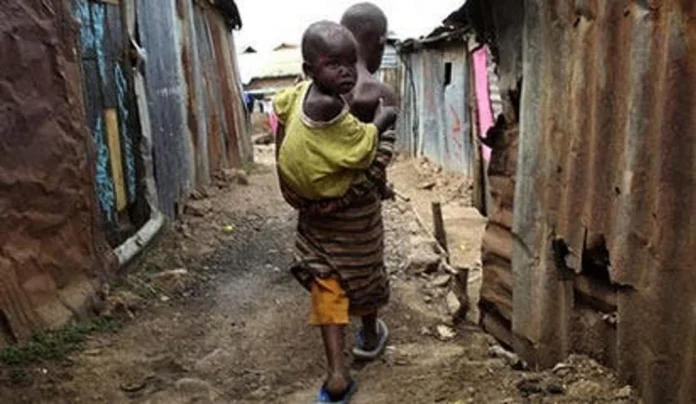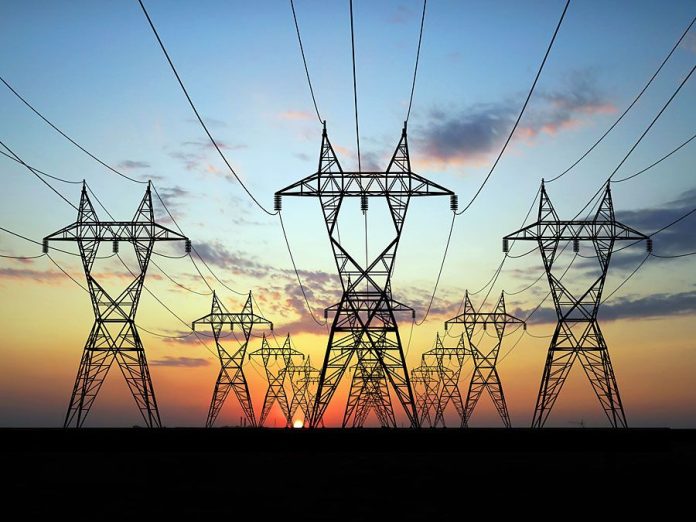* Insecurity, deadly diseases, harsh economy at the core
* 857 classes, 156 deaths from Lassa Fever in 6 months
* HIV prevention hampered by failure of gov’t, health workers – UNAIDS
* As bandits, armed robbers, cultists, others exhibit impunity
While insecurity, inflation and economic woes seem to have occupied the top burner of national discourse, a silent war fought with syringes, medicines, and public health initiatives rages on, DAUDA ISMAIL writes.
********
Away from the raging cases of terrorism, banditry, kidnapping, armed robbery, farmers/headers clashes, cultism and the resurfacing cases of highway robbery, Nigerians are equally faced with the life threatening battle against deadly diseases like Lassa Fever, HIV/AIDS, and a myriad of other silent killers that threaten the fabric of the Nigerian society.
Lassa Fever, one of the most insidious foes Nigeria faces, originates from rodents. The virus can be transmitted to humans through contact with food or household items contaminated with rodent urine or feces. While the disease is endemic to West Africa, Nigeria bears the brunt of its impact.
Every year, during the dry season, cases of Lassa Fever surge, creating panic among citizens and putting immense strain on the country’s already fragile healthcare system. The symptoms can mimic those of malaria or typhoid fever, making early diagnosis challenging. By the time patients present with severe symptoms such as bleeding, organ failure, and shock, the disease has often progressed too far for effective treatment.
According to a report released by Nigeria Centre for Disease Control, NCDC, on May 8, the country has recorded 857 confirmed cases and 156 deaths of Lassa fever across 28 states of the federation from January to April 28 this year.
NCDC, in its latest Lassa fever situation report, noted that cumulatively from week 1 to 17, the fatalities were recorded with a case fatality rate (CFR) of 18.2 per cent which is higher than 17.0 per cent recorded in the same period in 2023.
The NCDC report for week 17 spanning from April 22 – 28, also noted an increase in the number of confirmed cases from 11 in week 16 to 14 in the reporting week.
According to the reports, 63 per cent of all the confirmed cases in 2024 were from Ondo, Edo and Bauchi while 37 per cent were reported from 25 states.
It further stated that the number of suspected cases in 2024 (5963) increased when compared to that which was reported in the same period in 2023 (5084).
Interestingly, the report noted that no health worker was affected in the reporting week, adding that the predominant age group affected by Lassa fever is 21-30 years.
The centre added that the National Lassa fever multi-partner, multi-sectoral Incident Management System has been activated to coordinate response at all levels at the Emergency Operations Centre, EOC.
The Nigerian government, in collaboration with international organisations like the World Health Organisation, WHO, and the Centres for Disease Control and Prevention, has implemented various strategies to combat Lassa Fever. These include community sensitisation programmes, strengthening diagnostic capabilities in healthcare facilities, and providing healthcare workers with personal protective equipment to reduce the risk of transmission. Despite these efforts, controlling the spread of the virus remains an uphill battle.
While Lassa Fever dominates headlines during its seasonal outbreaks, HIV/AIDS remains a persistent epidemic silently ravaging communities across Nigeria. With an estimated 1.9 million people living with HIV in the country, Nigeria has the second-largest HIV epidemic globally.
Stigma, discrimination, and misinformation continue to fuel the spread of HIV, particularly among vulnerable populations such as sex workers, men who have sex with men, and injecting drug users. Although access to antiretroviral therapy (ART) has improved in recent years due to government initiatives and support from international donors, however, gaps in HIV testing and treatment persist, hindering efforts to achieve epidemic control.
While Lassa Fever and HIV/AIDS garner much of the attention, Nigeria grapples with a host of other health challenges. Malaria, tuberculosis, cholera, and vaccine-preventable diseases like measles pose significant threats to public health.
Malaria, transmitted through the bite of infected mosquitoes, remains a leading cause of morbidity and mortality in Nigeria, particularly among children under five and pregnant women. Despite the availability of effective interventions such as insecticide-treated bed nets and artemisinin-based combination therapies, access to these tools remains uneven, with rural and underserved communities bearing the brunt of the burden.
Tuberculosis (TB), another airborne infectious disease, is a major cause of death among people living with HIV/AIDS in Nigeria. The emergence of drug-resistant strains further complicates efforts to control the TB epidemic, highlighting the need for robust surveillance, diagnostic, and treatment services.
Cholera outbreaks, often linked to poor sanitation and contaminated water sources, are a recurrent problem, especially during the rainy season. Rapid response teams deploy to affected areas to provide medical care, clean water, and hygiene promotion to curb the spread of the disease. However, addressing the underlying determinants of cholera, such as inadequate access to safe water and sanitation, requires sustained investment in infrastructure and public health systems.
According to a Abraham Jatau, a Community Health Worker based in Kaduna State, “when these various diseases combine with the poor economy, inflation and insecurity, nigerians are dying in their numbers every day. Unfortunately most of these deaths are underreported especially with the hue and cry that insecurity gets. But when you combine the figures of death from terrorist and bandits attacks, armed robbery, farmer/hearder clashes, cultists, poverty and disease you will find out that Nigeria is truly in a quagmire.
‘Thus is especially when health workers as well as hospitals and other health facilities have constantly come under attack so that while the health workers are battling protect themselves while working to save lives, they are at the same time burdened by fear of attacks.”










